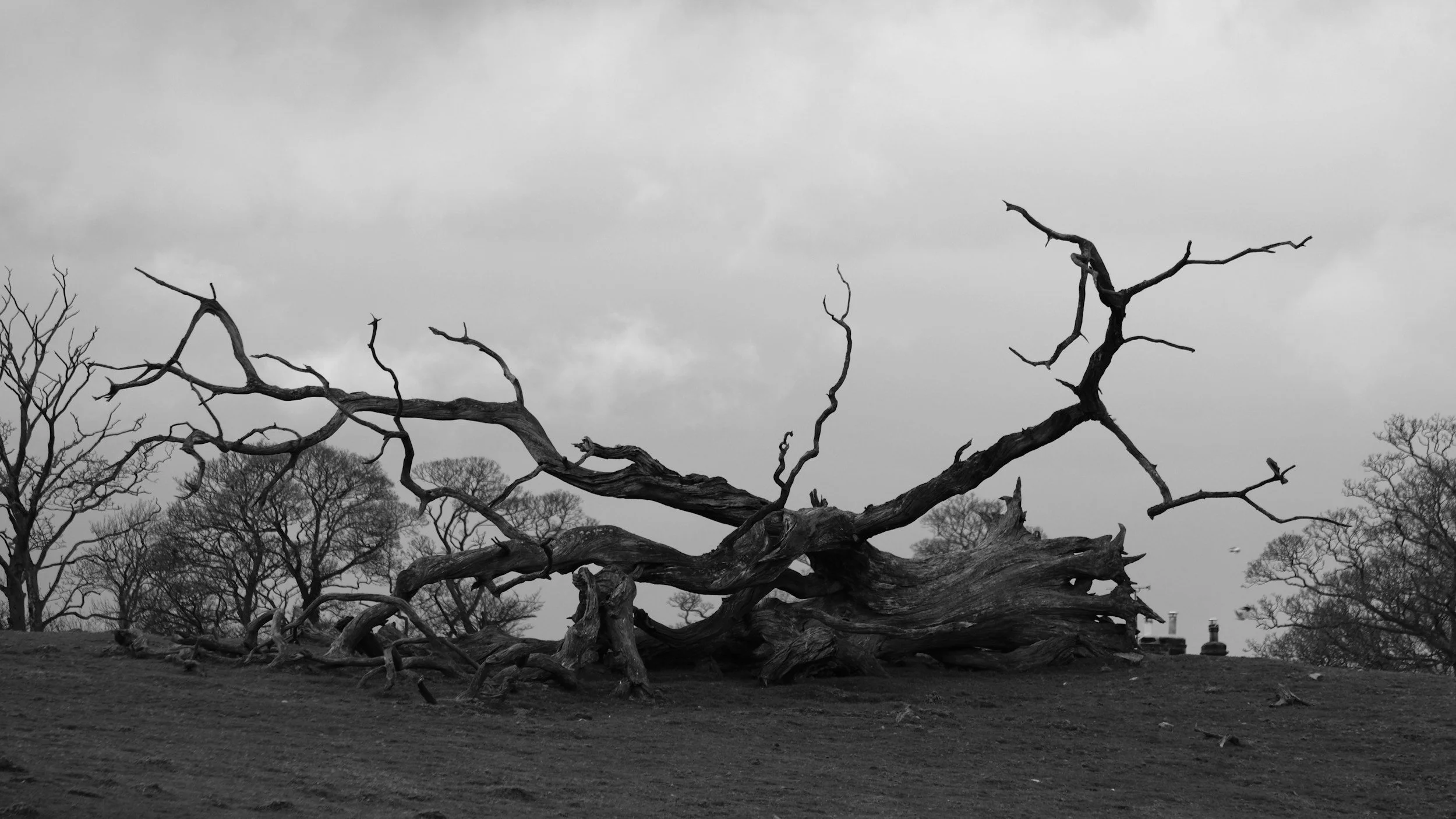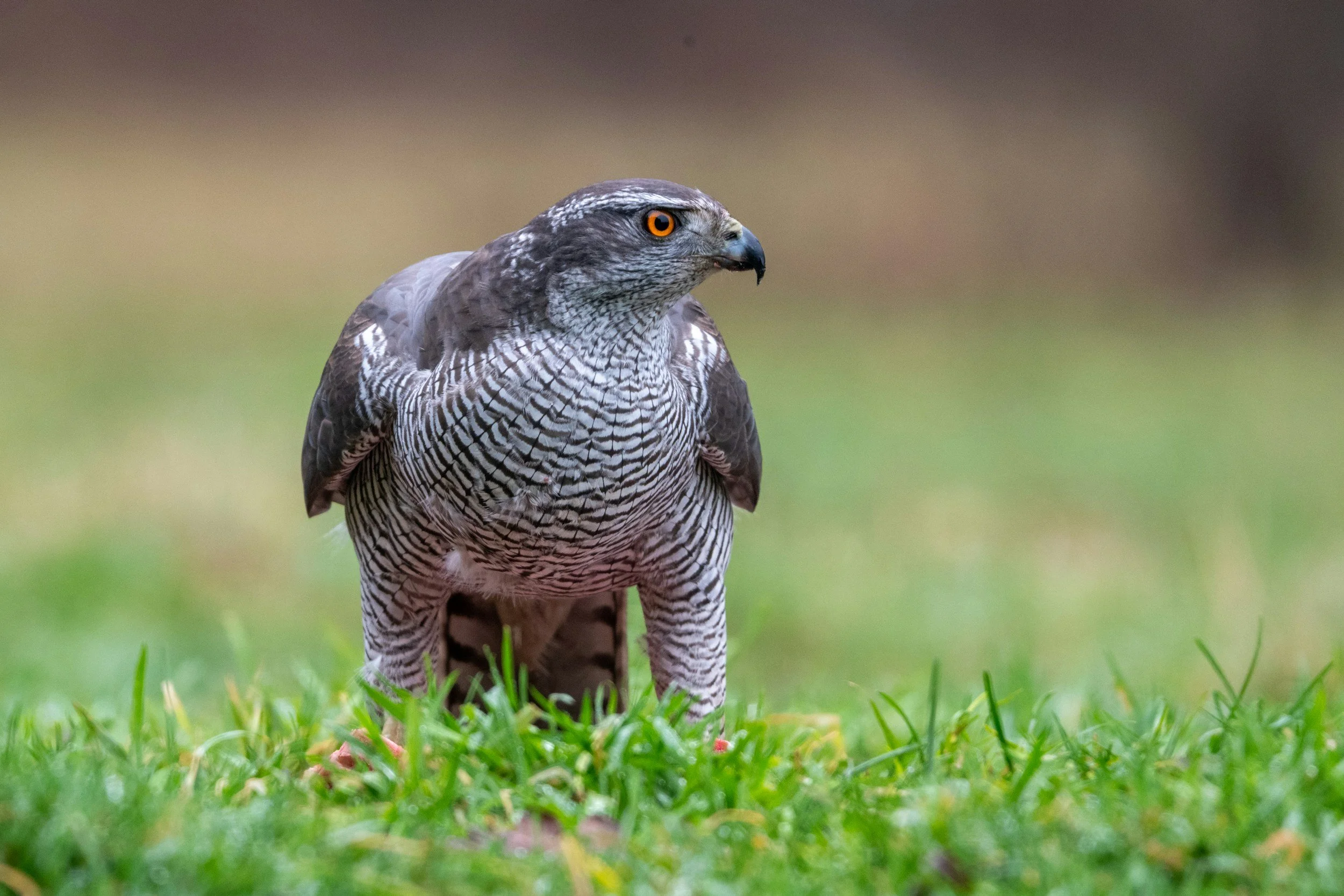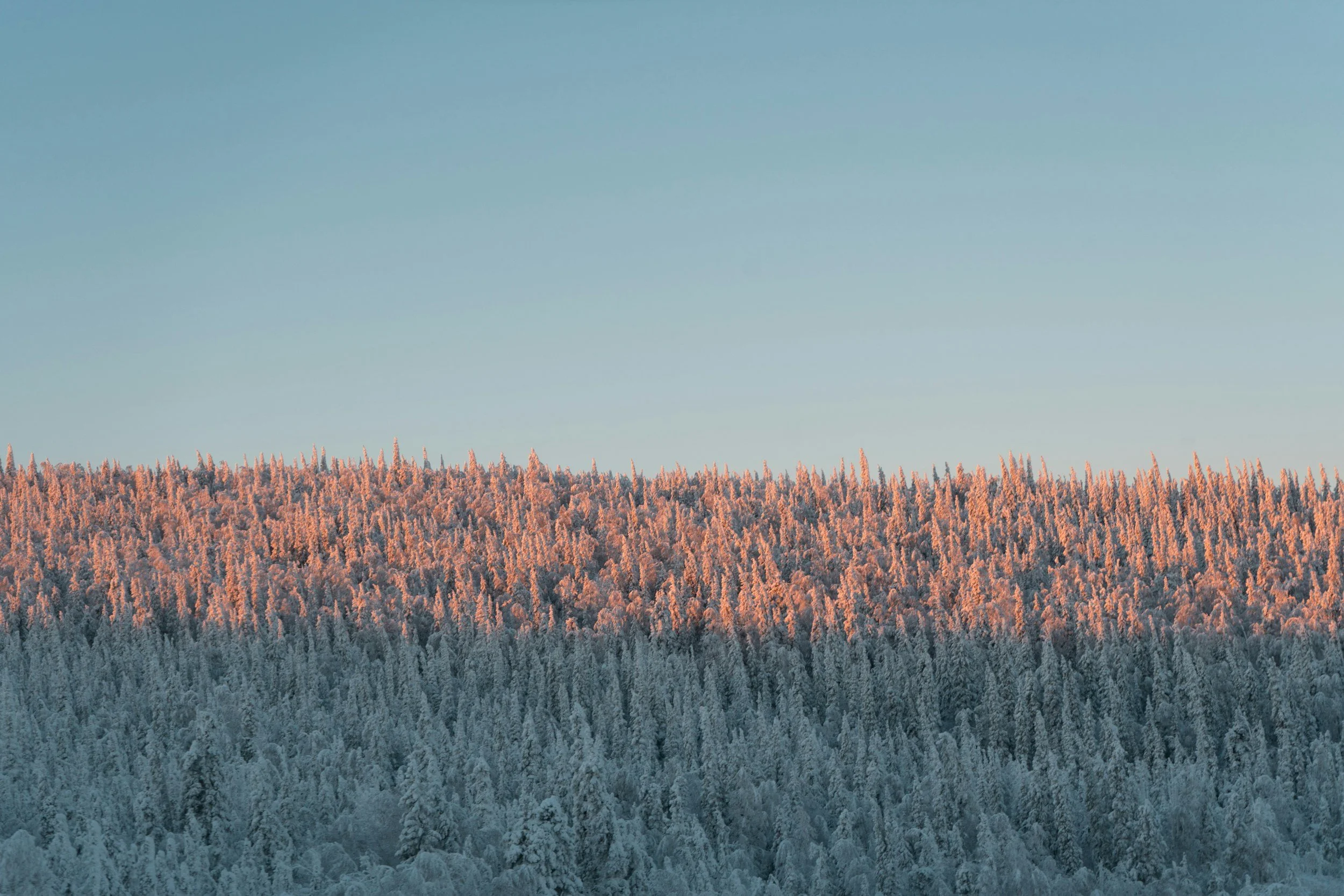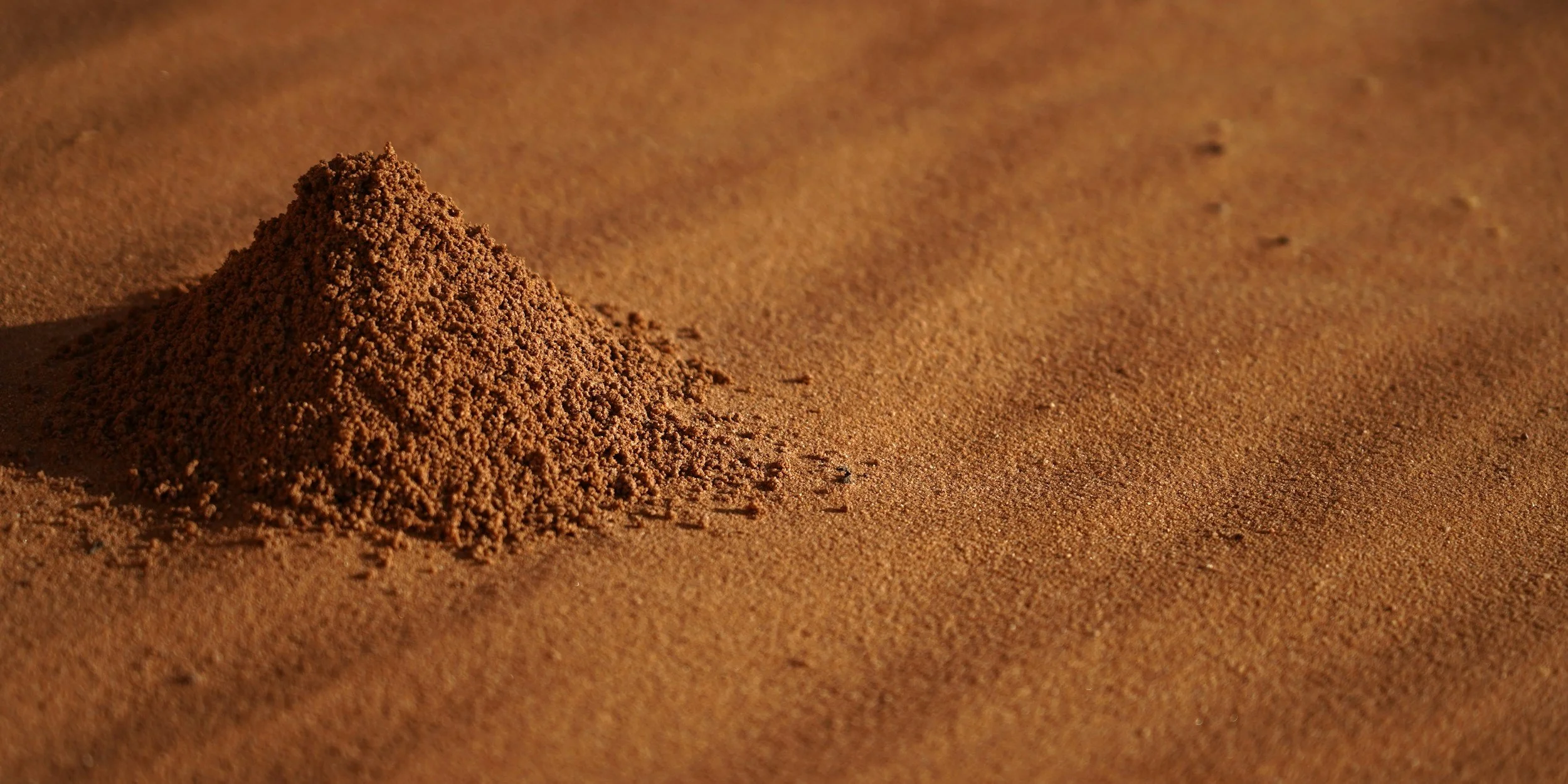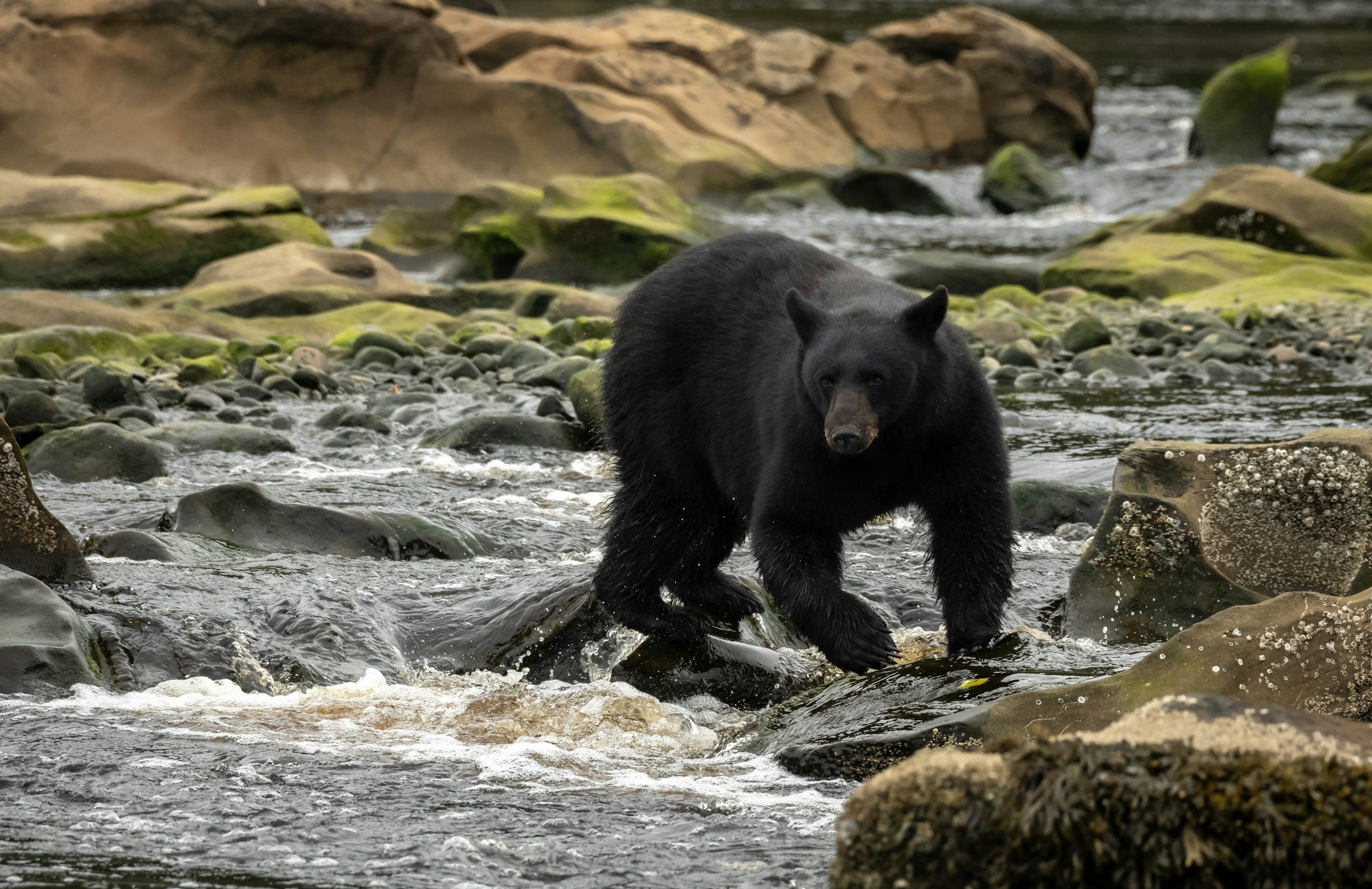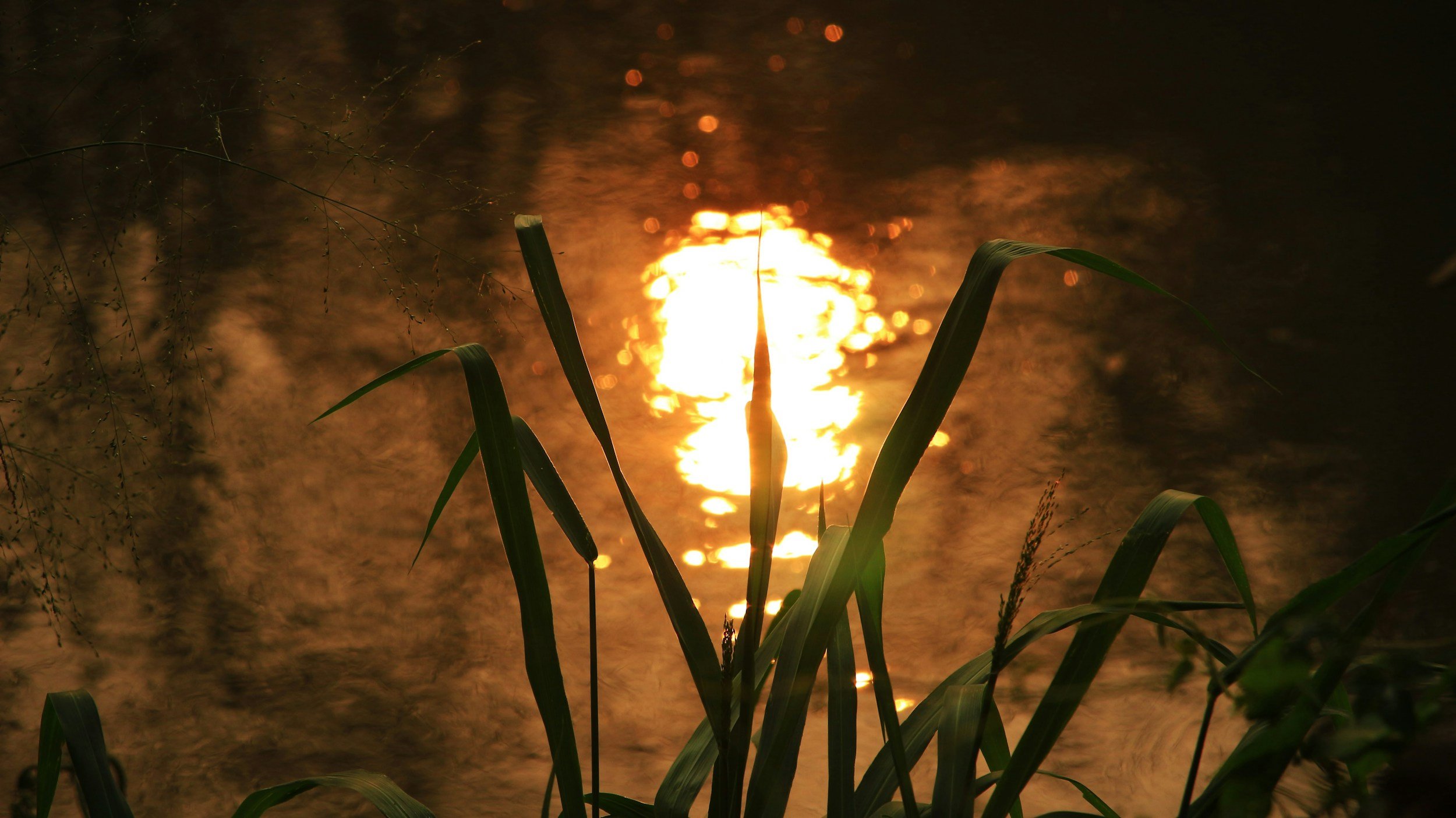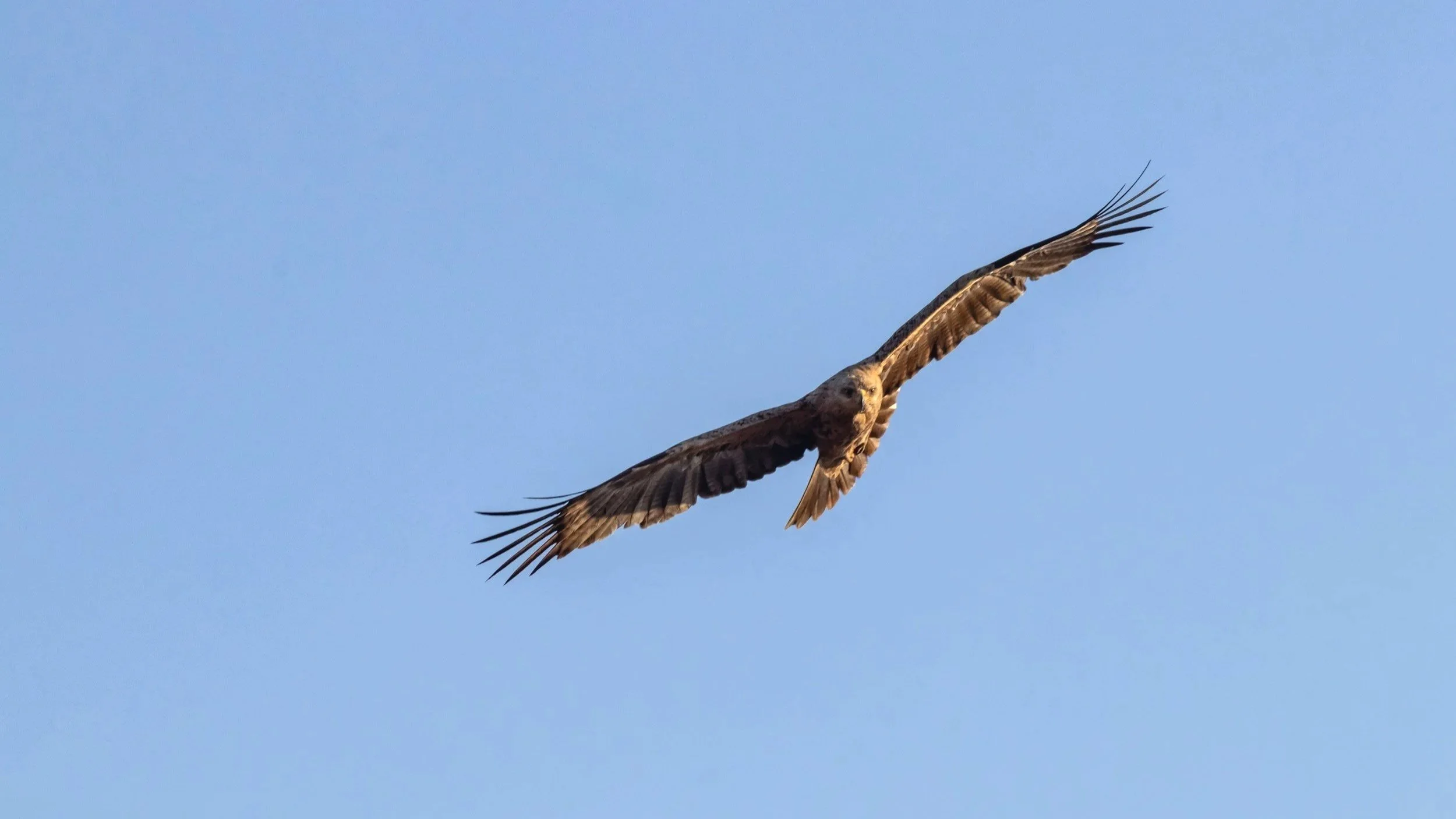it leans here / barely rooted in / the crust of the / hillside sprouting / violence …
Read MoreA Legal Argument
On the trail, / carnage, / strips of fur and flesh, / puddles of blood / the size of small change …
Read MoreGhost Car Hill
your own name for Bray Street, since from the road / it sounds like engines revving behind you which never / come, just the moans from the tips of white pines / as the wind whistles through their green strands …
Read Morewave-reflections
Let me salute the souls / that drink the furies of tides / with their tumblers of oats…
Read MoreHere, Now
We're already oblivion we will be,/ the elemental dust that does not know/ us — dust that was red Adam and is now/ all men…
Read MoreBear (n.) (v.)
“(n.) any of the mammals in the family Ursidae / For $100, you can shoot a Florida black bear. / This year’s harvest objective is 172…”
Read MoreApóleia
Shifting Baseline theory– suddenly apathy has context; / you cannot mourn what was never potted / and sprouted / in your garden …
Read MoreCuyahoga
Smoke cloaked the sun / while fire crews in tugs / poured water onto water…
Read MoreFlow
I am subsumed in a state of flow, / submerged in a fast river sluice, / waters course in laminar planes / caressing trunk and limbs…
Read MoreGarden of Rocks
Robins spend months / harvesting crab apples. Didn’t // they used to migrate? In February, / they think it’s spring…
Read MoreKilling Peace
He is stench of memory, collective, / he seeps in. // This frail mess can’t be shoved / through ragged time.
Read MoreCircadian
Ever since I hit puberty/ the moths visit me at the threshold/ of every summer…
Read MoreWEDNESDAY, 10:52 am
Recess is over. The sun’s out,/ but I’ll shepherd them inside,/ close read a high modernist/ whose poems none of us likes…
Read MoreWinter Morning Coffee Musing
There are / no snowmen / in the desert / where life is / seldom frozen ...
Read MoreArmadillidiidae
but you can call me pill bug / sow bug / cellar bug / even though I’m not a bug / but a perfect circle / from the sea…”
Read MoreOdysseus on the Shore
“Why do I always seem to return to the sea? / Every time I pick up my pen, salt water pours out, soaks the page…”
Read MoreKeep the Crowd Moving
“In northern Maine, on the U.S.-Canadian border, lies the lake where my family went every summer—East Grand, it’s called, and aptly so…”
Read MoreKAMEHAMEHA REDUX
The imu loa sent smoke skyward as Cook’s body steamed. Hands once used to grip musket and cutlass belong to me, ali’i Kamehameha…
Read MoreVersus
“I’m thinking of the word nurture, how it’s so often placed in opposition to nature, with versus their slippery hinge. But that has always felt wrong to me…”
Read MoreThe red roses my father gave me.
by Zunaira Butt
The gentle hand of my father grabbed my hands;
as mine grabbed his neck,
clinging to his back,
I tried to make out words,
but his voice only echoed in the warm cage of his chest,
they couldn’t reach past the tiny fingers plugging the soft canals.
My tiny fist wrapped around his rough finger,
little feet skipping,
trying to keep up with his giant steps,
my eyes soaked in the kindness dripping from the corner of his mouth,
when he blessed a stranger passing by,
the sweet drizzle left sticky marks on the face in the young blue lake.
He scooped the water onto my soapy hands,
trying to get the dirt out from between the fingers,
once clean, he dried them off with his white shirt,
clipped the nails short,
still trying not to let the rivulets flow,
but the red buds bloomed in defiance like a bride’s henna;
on the back of my hands and up my arms,
and up, still, my throat until they grew roots in my throat,
until the soft red petals were all that fell from my lips.
From Lahore’s shadows, Zunaira’s words emerge, shaped by trying seasons with quiet grace. Her verses, guided by life’s rhythm, offer comfort where others cannot. Writing in a once-foreign tongue, this first whisper marks the beginning of her literary journey, stepping into a world of shared expression.
